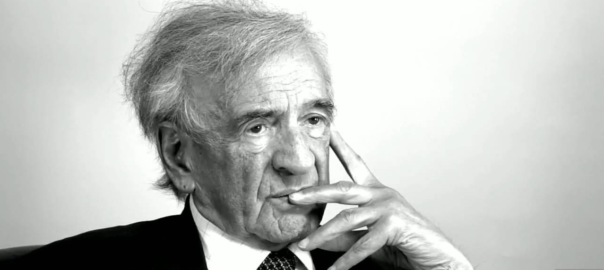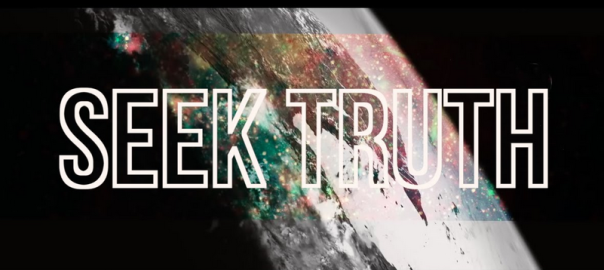Once we are committed to integrity and to the costs of liberty (personal responsibility, delayed gratification and seeking the common good), here are some starting points understanding “the people”:
One: Life and justice issues often take precedence over ethnicity, gender and even class. Abortion, euthanasia, and crime and punishment affect people in every cultural category. America is deeply divided, often because of perceptions rather than serious moral reflection. For example, most people in all voting groups personally disapprove of at least some abortions. But if they are asked if they want to deny a “woman’s right to choose” they vote to protect abortion rights. State by state most Americans do not want to kill babies in the womb. The same inner conflicts exist for end-of-life issues with most recoiling at the thought of hastening death while simultaneously wanting to limit suffering. Anyone involved in our legal system becomes rather cynical as they see the wheels of justice turn imperfectly with power and wealth overtaking fairness.
Leaders must address these issues with both moral clarity and reasonable expectations. Eliminating all but a few abortions (on the way to the end of this practice), creating reasonable guidelines for stewarding terminal patients (without active euthanasia) and fostering restitution over incarceration are all avenues creating possible consensus.
Two: Most Americans have (at least aspirational) moral values and believe in traditional marriage; however, they are afraid of being seen as intolerant and do not want to deprive their alternate lifestyle neighbors of their rights. America and select Western nations are the first sociopolitical groups in history to equalize relationships that do not produce the next generation. Is there a way forward consistent with empirical data, moral values and maximal liberty?
Yes. But it requires a long-term civics lesson in America’s Constitution – a document designed to limit the scope of federal power, not impose it on individuals or states. Wise leaders will work to return more economic, political and social power to states and local governments. If a state wants unique marriage laws, that is fine, but marriage is not a civil right, it is a social contract left to the states (and a sacramental covenant for the religious). The path forward must reject homophobia and protect all persons while no longer marginalizing the deep values of many religious and secular people.
This sounds good in theory. However, “limited federal government” and “States’ Rights” are code words for slavery and Jim Crow among African Americans. It is only in the last 50 years that millions of women and men were allowed to vote and have (the beginnings of) equal access to economic and educational opportunities. Restoring local and personal power must not come at the expense of legitimate civil rights.
Three: President Eisenhower, a moderate Republican, warned of the power of the “military-industrial complex.” Progressives are naturally suspicious of the military and the politicians that are quick to deploy violent solutions before exhausting diplomatic options, especially the UN. Conservatives honor the military ethos and get frustrated when soldiers in the field have their hands tied in the war against terror. Apart from absolute pacifism (a respectable position when applied consistently) and hair-trigger militarism, leaders must bring moral clarity and 21st century strategic wisdom to their stewardship of America’s defense.
America is on sound moral ground when she defends herself from attack in concert with her allies, while refusing policies of long-term occupation.
Telling the truth politically begins with each of us inwardly facing the truth about ourselves. When we embrace honesty and humility, repentance and reconciliation, there is hope for America and the world.





